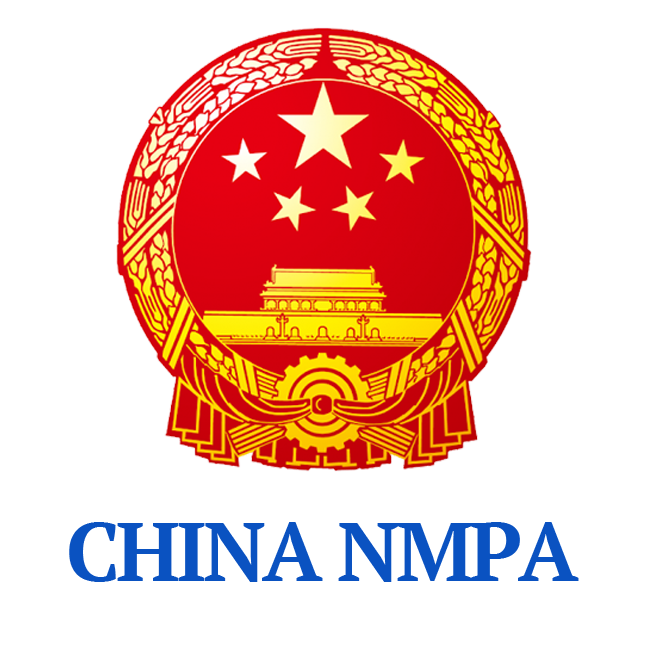
However, after seeing the many obstacles in implementing halal certification under BPJPH, it is considered not suitable to hold halal certification anymore due to an inadequate system and infrastructure. There is a huge surge in millions of businesses registering their products to obtain halal certification. However, important components such as auditors, halal guarantor institutions and technical regulations have not been fulfilled to date.
The Ministry of Religion (Kemenag) finally issued Decree of the Minister of Religion (KMA) No. 982 of 2019 concerning Halal Certification Services to transfer the Halal Certification process back to the Indonesian Ulema Council Assessment Institute for Foods, Drugs, and Cosmetics (LPPOM MUI).









![Korea KPTA introduce [Guidelines for Safety Data on Cosmetics for Infants and Children]](https://cosmeticsbridge.com/wp-content/uploads/2020/01/korea.png)

